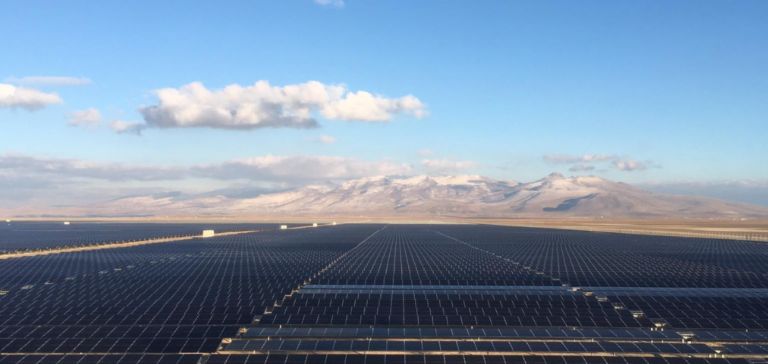The world of energy is undergoing a major transformation, with ambitious initiatives to reduce dependence on fossil fuels and promote renewable energy sources. However, at the heart of this energy transition is EDP Renewables (EDPR), a company that has established itself as a major player in the deployment of sustainable solutions worldwide.
EDPR and Energy Transformation in Arizona
One of EDPR’s outstanding achievements is the innovative 23MWp solar project in the Arizona desert. Indeed, this project, delivered to the Mohave Electric Cooperative, is a striking example of how solar technology can transform the energy supply of communities.
Pulau Ubin: Towards Sustainable Energy Autonomy
Featuring over 54,000 ground-mounted solar panels and an advanced solar tracking system, this project not only reduces dependence on natural gas, but also plays a crucial role in stabilizing energy costs for the cooperative’s 36,700 members. However, the project’s ability to offset over 36,000 tonnes of CO2 per year is testimony to its positive environmental impact.
At the same time, EDPR also transformed the energy supply on Pulau Ubin Island in Singapore. Traditionally dependent on a micro-grid powered by over 100,000 liters of diesel per year, Pulau Ubin is now undergoing an energy revolution. Thanks to a 328kWp solar installation and a 1MWh energy storage system supplied by EDPR, the island is able to meet up to 95% of its electricity needs from cleaner sources.
EDPR at COP 28: A Global Commitment to the Climate
Beyond these individual projects, EDPR is actively involved in the fight against climate change on a global scale. With its participation in COP 28 in Dubai, the company intends to share its ideas on the energy transition and reinforce its commitment to collective climate action.
Technology for Decarbonation
EDPR CEO Miguel Stilwell d’Andrade stresses the importance of accelerating the energy transition to meet the objectives of the Paris Agreement. His words highlight the need for extensive collaboration between companies, policy-makers and communities to move towards a sustainable energy future.
EDPR’s initiatives, such as the Mohave and Pulau Ubin projects, are a perfect example of how technological innovation can be put to work in the service of decarbonization. By providing tailor-made energy solutions, the company contributes to a broader energy transition, enabling its customers and communities to make an active commitment to the planet.
EDPR’s efforts in the field of renewable energies demonstrate a firm commitment to a more sustainable future. Through innovative projects such as those in Arizona and Singapore, the company is making a significant contribution to reducing carbon emissions and promoting clean energy.






















